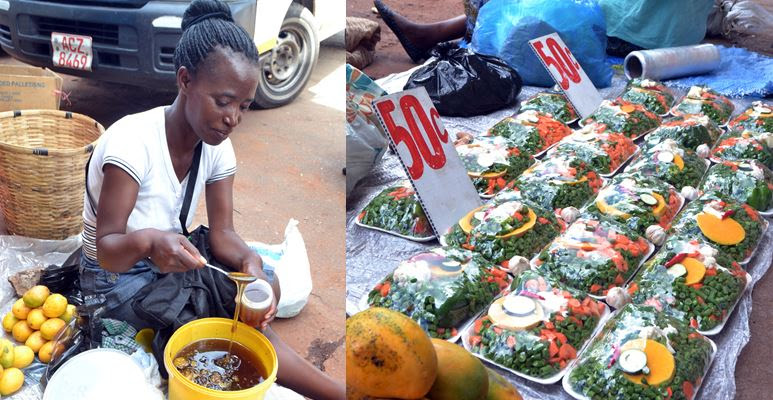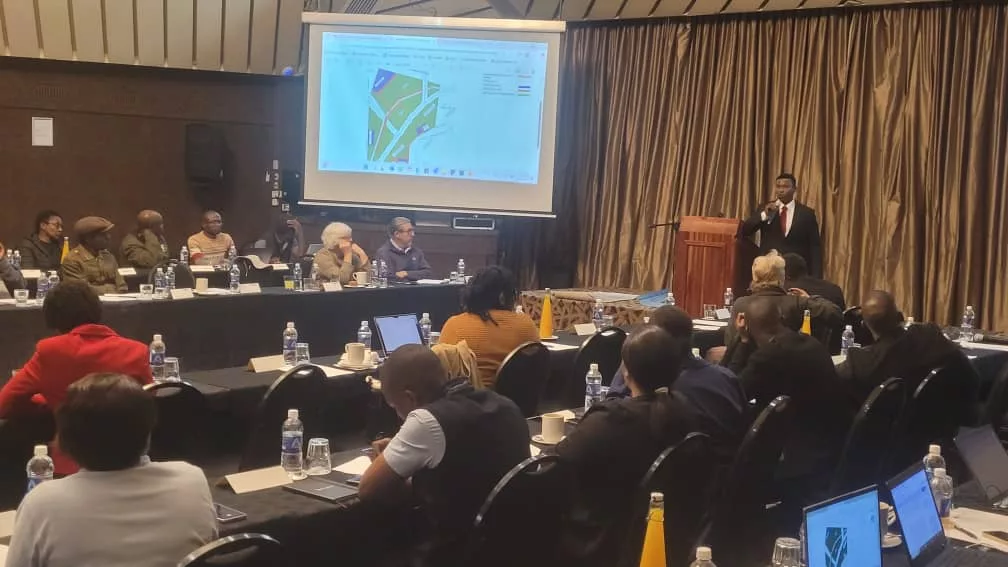By Charles Dhewa
In much of Africa there is an age-old assumption that agriculture has to be driven by extension. This is visible in how much of the support from governments and development agencies tend to focus mainly on production while neglecting other value chain nodes such as logistics and markets. More importantly, agriculture has not been properly segmented in ways that can show its contribution to various aspects of the society and economy.
Beyond contribution to GDP
Agriculture’s contribution to the economy is only mentioned in terms of Gross Domestic Product (GDP). What about its contribution to critical social aspects like diverse livelihoods and wealth levels, for instance, around livestock and natural resources? There is also no support to ensure agriculture informs nutrition and health. From a structural perspective, the department of extension has a presence from village to national level, with specialists in the production of diverse agricultural commodities.
However, once a commodity is produced that is when other aspects of the society and economy get involved – social contributions, contributions of agriculture to local development, household income and other economic needs including exports. For appropriate Return on Investment, all these other fields need specialists whose collective effort and expertise should inform investments in agriculture, policy review and development.
Markets are more than demand and supply
Currently, agricultural markets are only approached as an expression of economic needs such as demand and supply, excluding social, developmental and other needs. If you look critically at markets, many agricultural commodities and products are used for traditional, spiritual and social purposes that have nothing to do with economic needs. Examples include use of cattle for paying dowry and mother’s cow (Mombe yeumai/inkomo kaMama), draught power as well as traditional ceremonies in the case of small grains. A lot of traditional commodities are found in mass markets because they satisfies traditional functions for many Africans who have migrated to the city with their traditional values. Such a social contribution has to be recognized as it provides dignity and sense of fulfilment for some people. All these aspects should be valued and expressed as agriculture’s contribution to the economy.
Developmental issues – how does agricultural contribute to community development? There is a wrong assumption that community development is about roads, clinics and schools. Such a notion of development does not take into account agricultural issues. Policies should look at issues like agriculture and development, agriculture and sociology, agriculture and business (business models), agriculture and economic growth, agriculture and ICTs. There should be a strong link between agriculture and ICTs.
Disciplines needed in a vibrant economics and markets department
Ideally, the department of economics and markets in an African ministry of agriculture should comprise experts from multiple disciplines including the following experts, among others:
- Economists (pure) – focusing on macro and micro issues. Economists should also have a financial bias so that they are able to assist farmers with understanding monetary and fiscal issues as well as implications of mobile money on agricultural markets.
- Sociologists – these focus on development, social, gender and other issues including how markets contribute to rural development.
- Agricultural economists – These focus on how agriculture and economics fuse together. Whiles some of them may be found within the department of research, that department is often not represented at the markets.
- Nutritionists – In addition to addressing nutritional issues, these should take care of food safety and ensure food systems are not loaded with chemicals.
- To the extent agriculture is largely a market issue, those who did business studies should also find space in economics and markets.
- Markets are about data – To that end, experts and systems for analyzing data are need if the ministry of agriculture is to accurately interpret markets. Such experts can be in the form of statisticians and ICT specialists who will ensure market-related policies are backed by evidence and statistics.
- Livestock / veterinary specialists should be seconded to the market just as the ministry of ICTs should second experts to the economics and markets department.
- Specialist on infrastructure to work with local authorities on market infrastructure are critical. Infrastructure is not just about irrigation systems.
One stop shop department
The economics and markets department should become a one-stop shop. Just like production, markets start from local communities all the way to foreign markets like Europe. That is why the department of economics and markets should have a presence at the grassroots where markets start. Some value chains end at local markets. If economists are only stationed at head office, how will they get statistics about short value chains that end at local level where they contribute to socio-economic development?
Local and village markets are the foundation for robust supply chains. Once a community has succeeded in production, what type of support can it get from economics and markets department? Such support should become from ICT specialists, development specialists, pure economists, agricultural economists, statisticians, nutritionists, gender specialists, financial specialists and others. This will ensure as commodities move along the supply chain, they are given appropriate direction for maximum impact. While there is nothing wrong with focusing on agricultural extension, supply-driven approaches have enormous limits. The best way of strengthening a chain is to pull it, not push it!






